

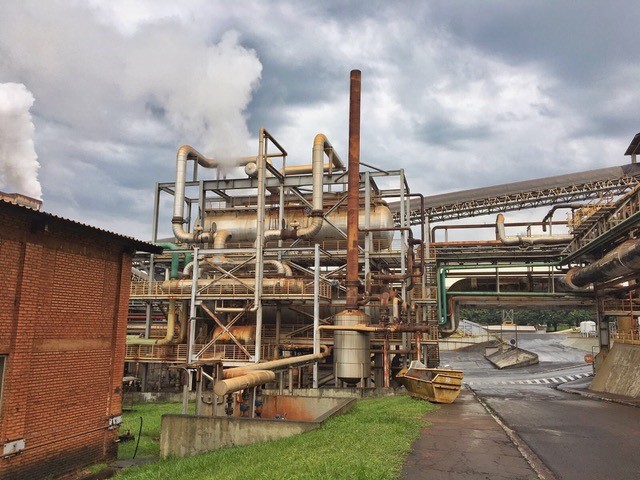
The product will pave the way for researchers and food engineers to develop novel industrial processes based on the use of sugarcane molasses. It was tested as a yeast culture medium for ethanol production.
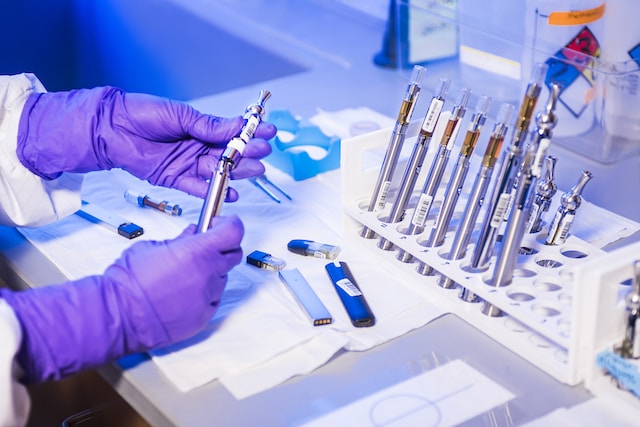
The call is one of several initiatives designed by FAPESP to help science and technology startups supported by its entrepreneurship and innovation program attract investors and survive “death valley”.

A technology created by the University of São Paulo’s Center for Artificial Intelligence increases the accuracy of shipping and other weather forecasts by 20%, and is being tested at the Port of Santos.
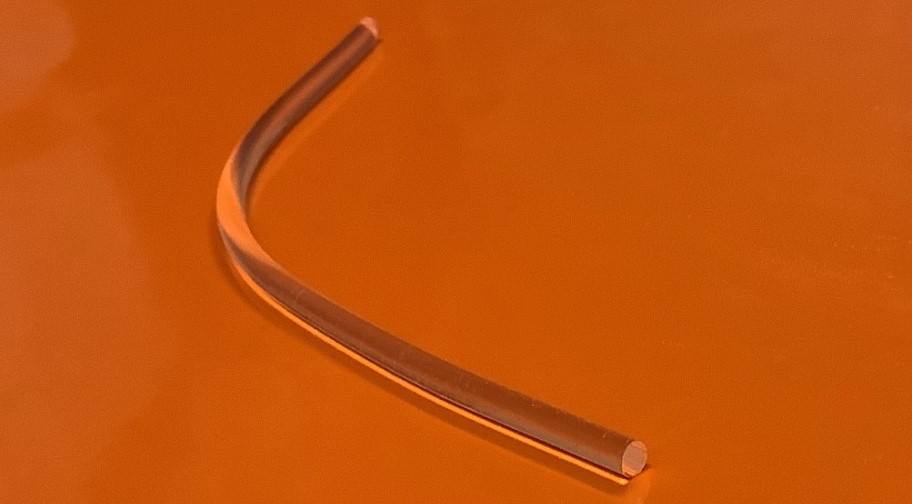
Made from agar, a substance extracted from red algae, the optical fiber can be used to monitor stimuli produced in the brain or muscles, or as an ancillary interface in human-computer connections for assistive or rehabilitation technologies.
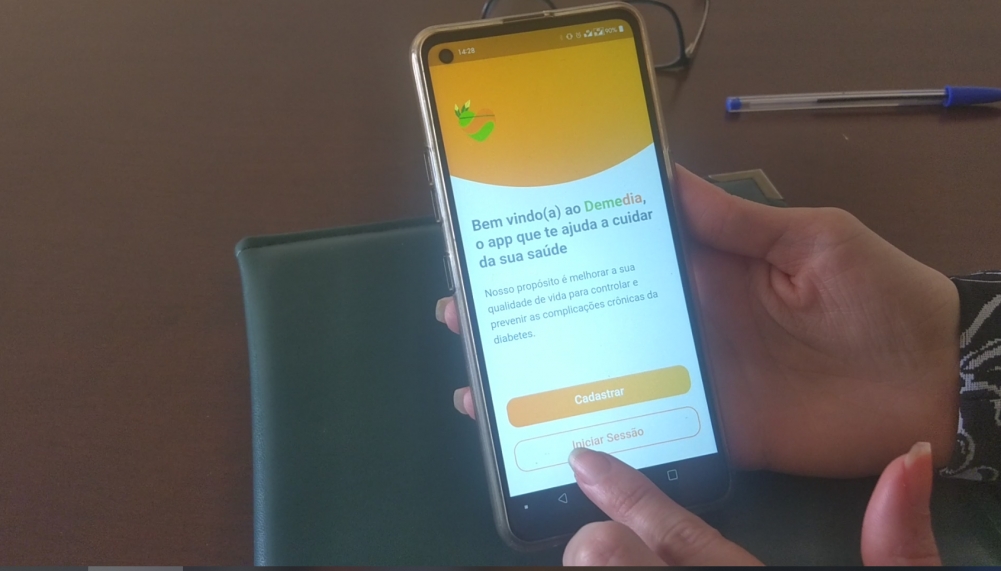
A startup supported by FAPESP is developing an app that leverages artificial intelligence to help users monitor the disease and improve the quality of their lives.
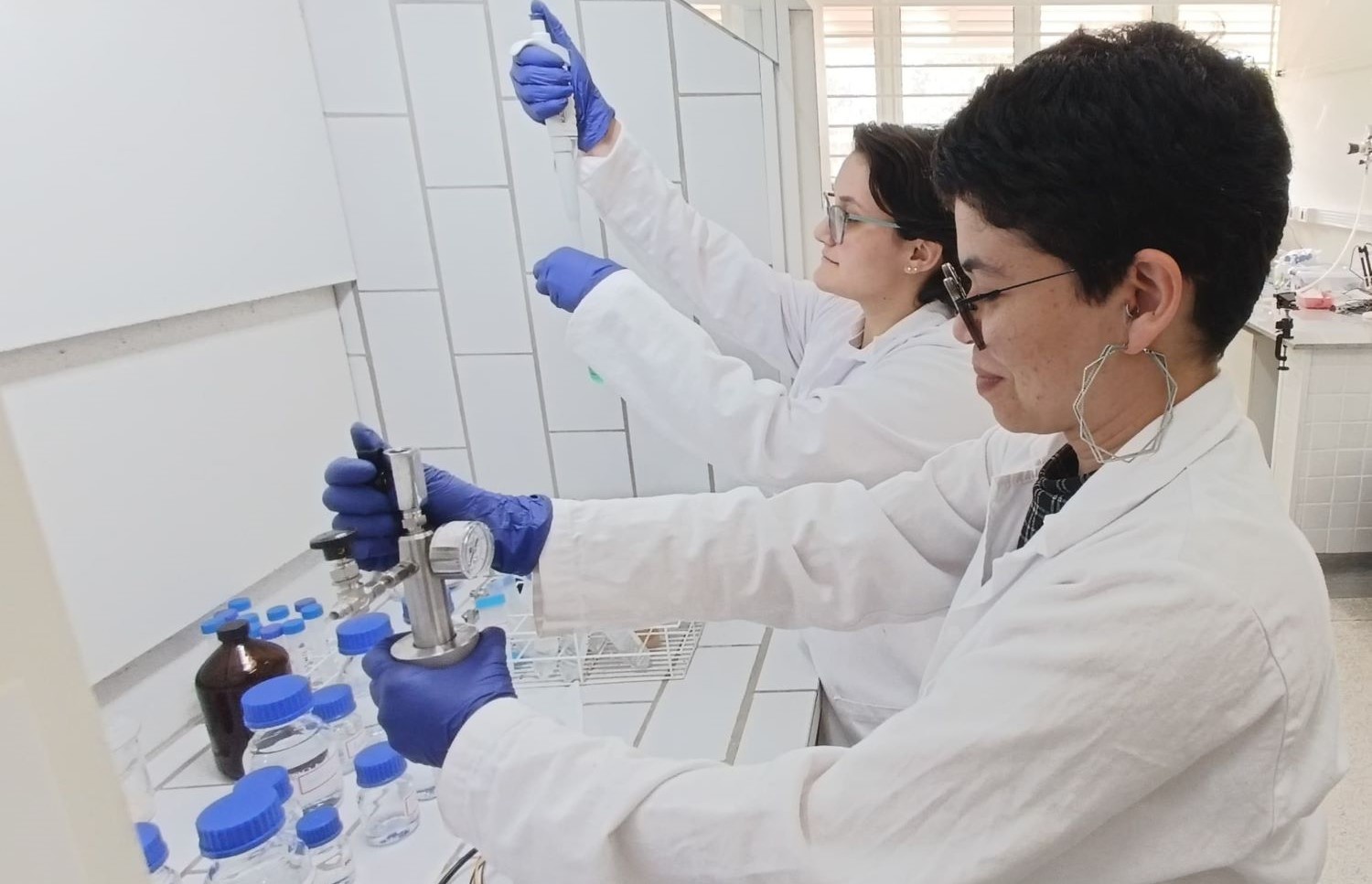
Acetone, a key input for the chemical industry, is usually produced by an elaborate and hazardous process. A more sustainable strategy has been developed by a scientific collaboration between researchers in Brazil and Germany.

A software tool developed by a company supported by FAPESP raises productivity and lowers operating costs in the bioenergy sector.
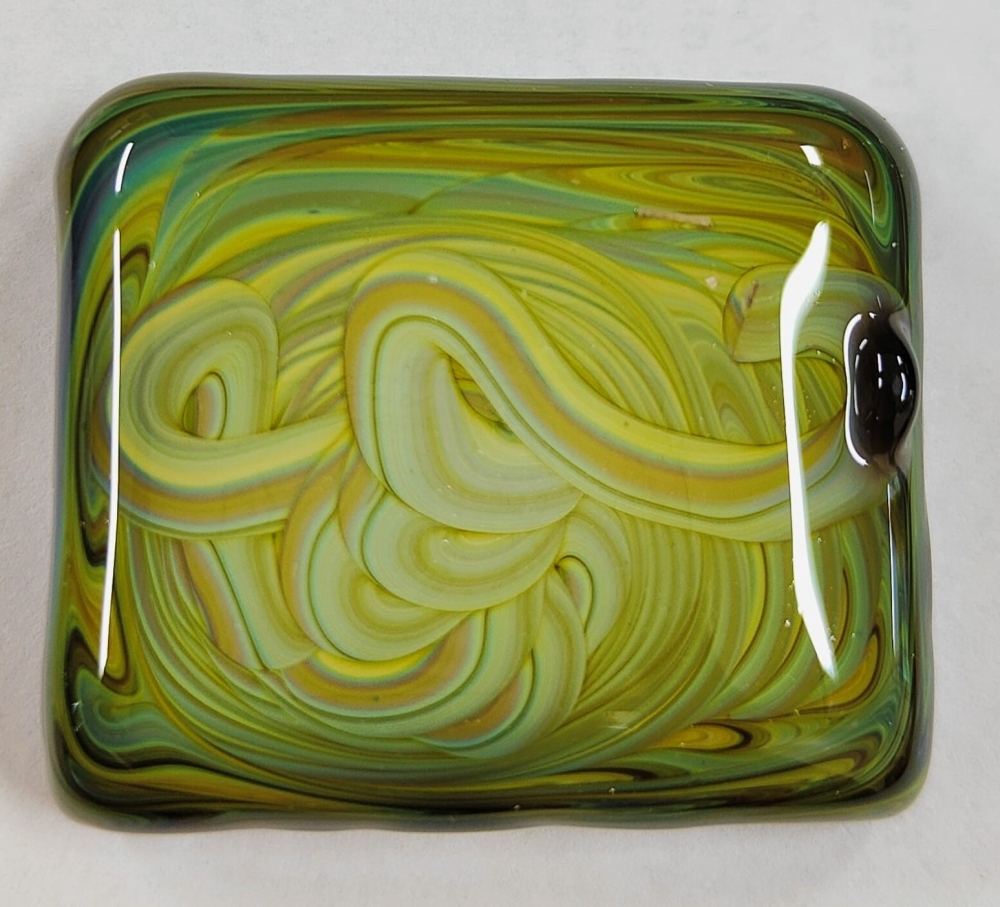
Applications of specialty glass range from astronomy to medicine, as well as data and power transmission. The study combined spectroscopy and computational modeling to show how the structure of the material is affected by addition of niobium oxide.
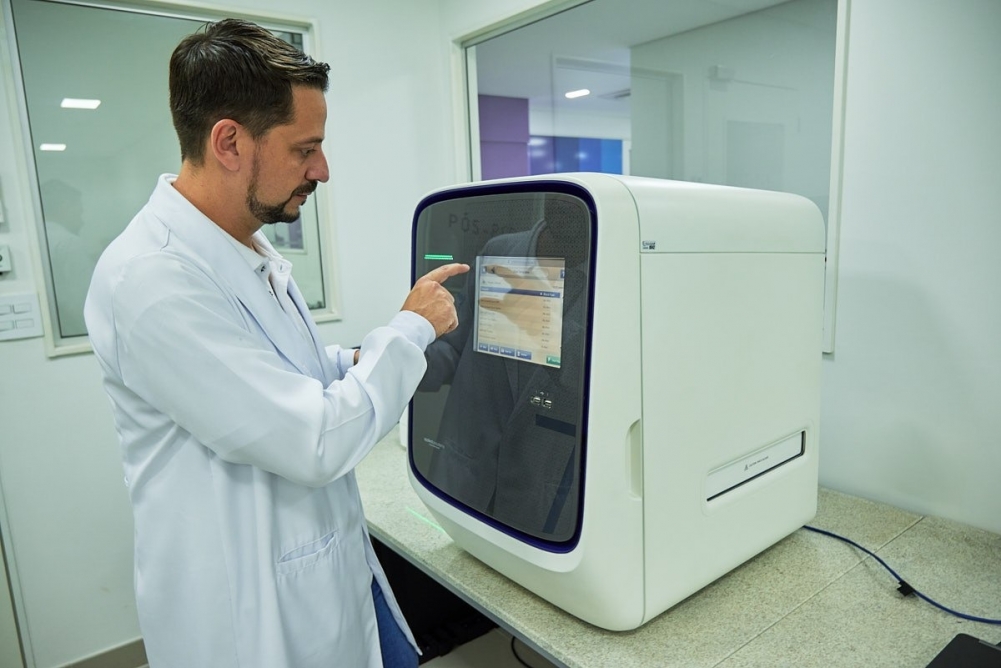
Technology developed with FAPESP’s support was the winner in the “Technological Innovation” category. Also, a University of São Paulo study that found a molecule capable of killing leukemic cells was awarded in “Oncology Research” category.
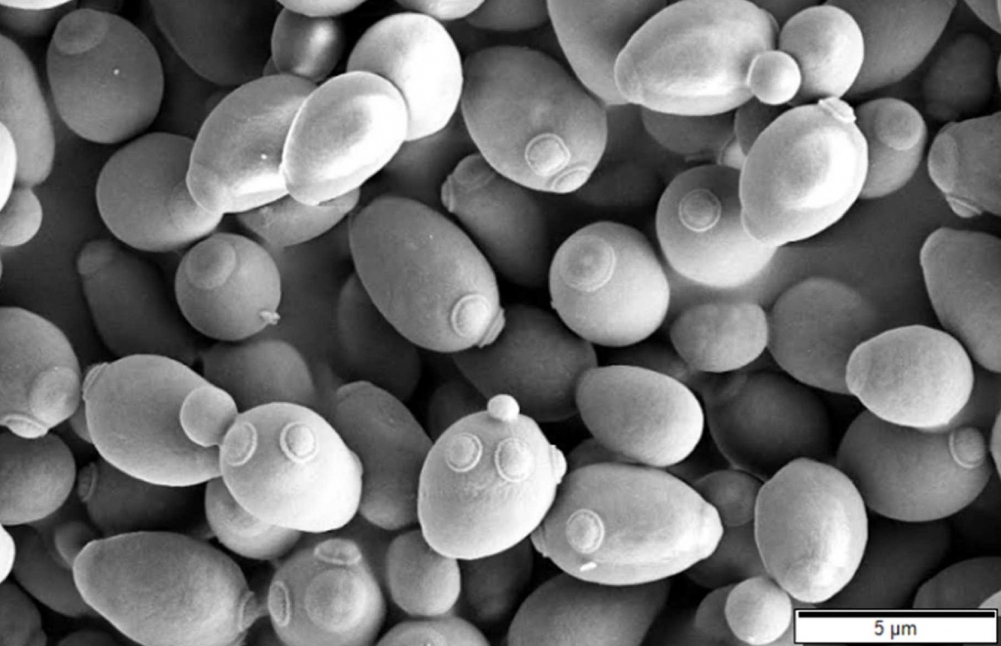
A study by researchers at the State University of Campinas and Harvard University shows that despite the presence of invasive strains of Saccharomyces cerevisiae, all of them belong to the ethanol fermentation environment, keeping the industrial process stable. Their findings can help cut costs and assure better results for producers.
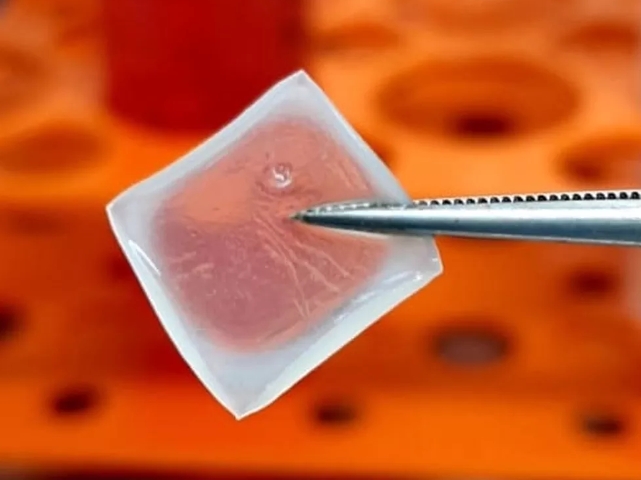
With FAPESP’s support, the startup developed a smart biodressing produced by 3D printing and designed to accelerate skin wound healing. It will compete for a Global eAward in October.
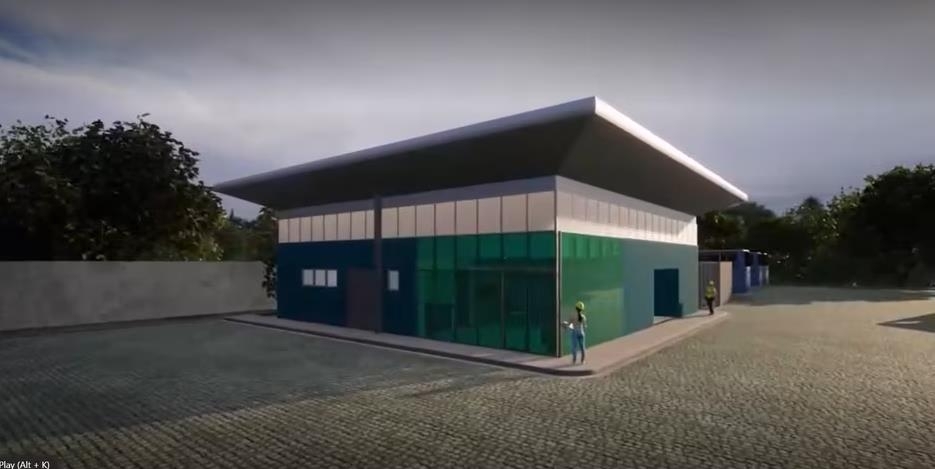
The project is the result of a partnership between FAPESP and Shell and could help make hydrogen a widely used fuel in Brazil. Hydrogen from a pilot plant to be built at USP using Raízen’s ethanol will power buses on the campus.
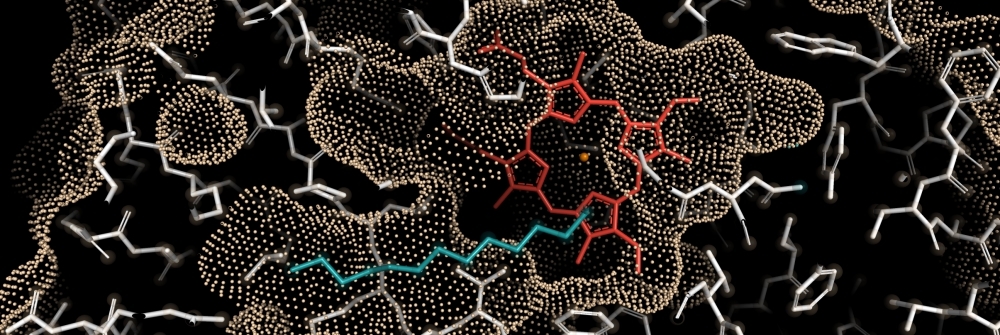
A biocatalyst discovered by Brazilian researchers has the potential to increase renewable biofuel output by removing obstacles in technology and production processes, as well as enhancing the manufacturing of bioplastics and biopolymers.
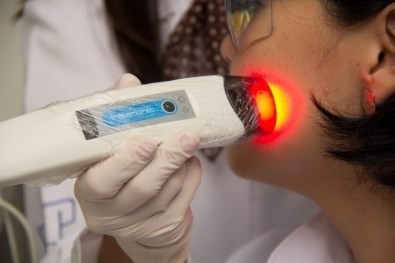
Photodynamic therapy developed by the Center for Research in Optics and Photonics, which is supported by FAPESP, has been recommended by Brazil’s federal body responsible for including novel healthcare technologies in the national health service.

One of the goals of the study conducted by scientists at the Center for Development of Functional Materials and the Center for Innovation on New Energies is to reduce atmospheric emissions of this greenhouse gas.
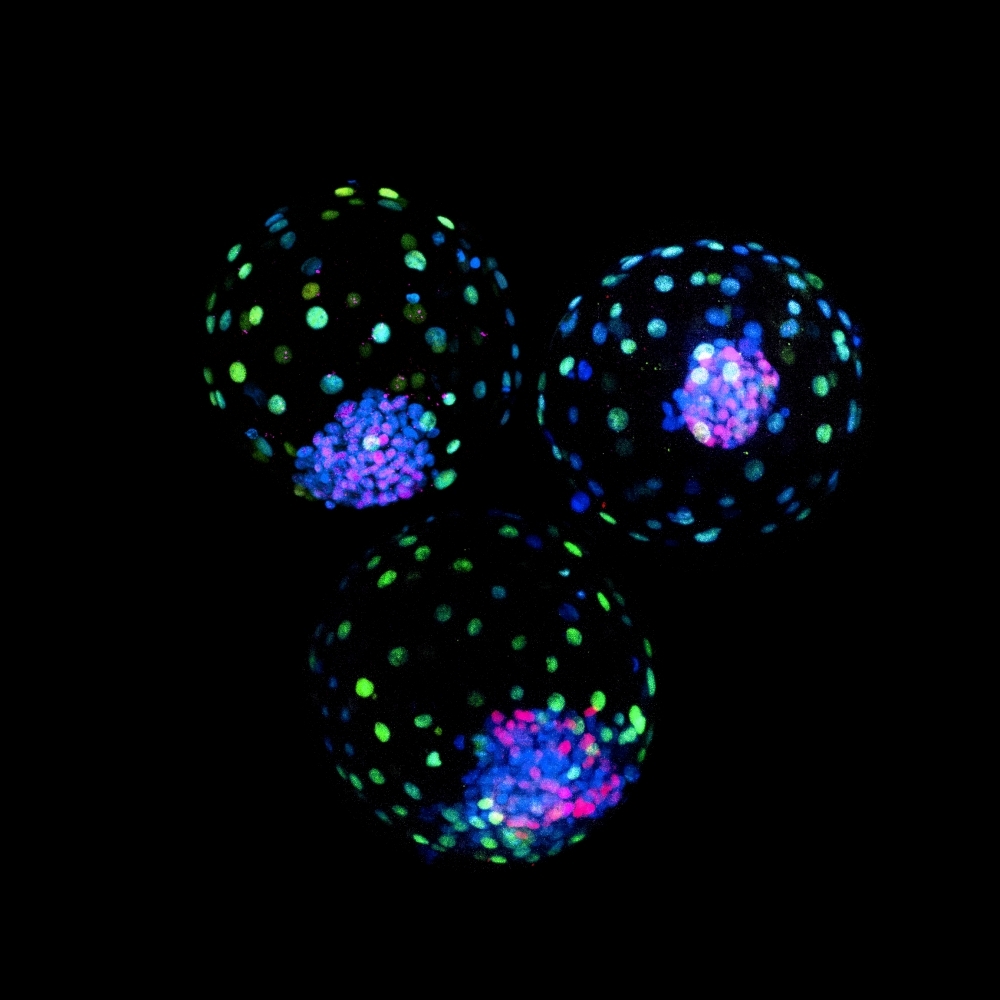
The results pave the way for breeding of cattle with selected traits. Preliminary work findings for human embryo models recently published by international groups could contribute to the understanding of congenital defects and early pregnancy loss.
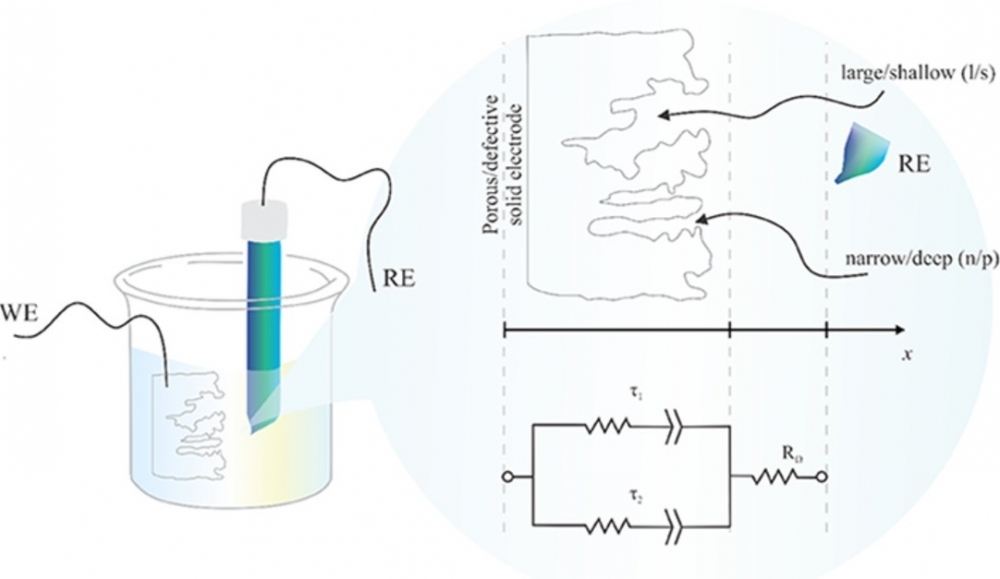
The new model is capable of providing a realistic analysis of the experimental data for a supercapacitor in which internal energy losses are considered.
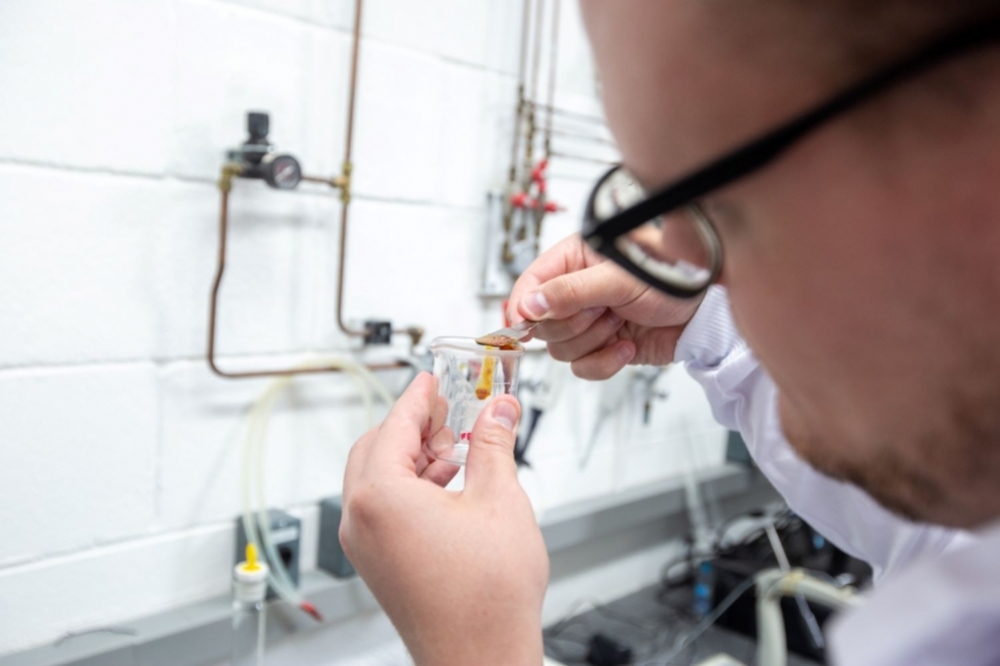
The material was designed by Brazilian researchers and includes a derivative of limonene from citrus rind, blended with chitosan, a biopolymer from exoskeletons of crustaceans.
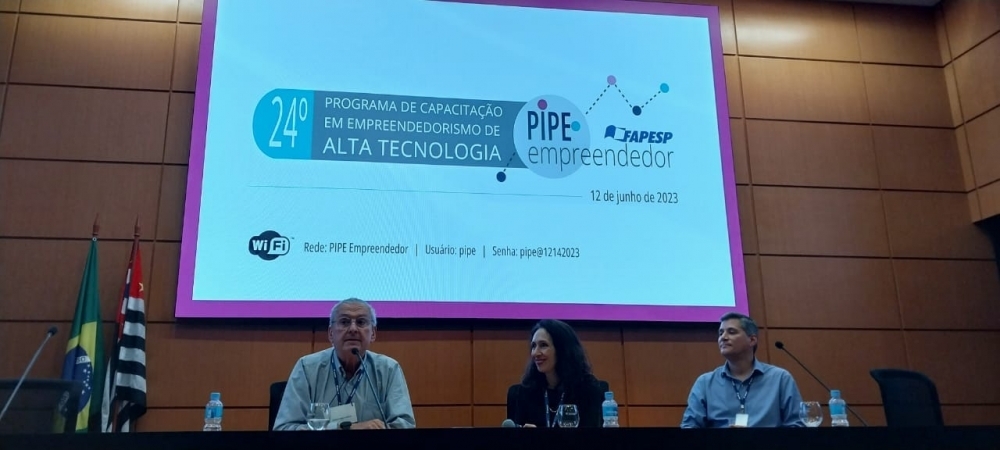
A novel methodology used in the 24th edition of the PIPE High-Tech Entrepreneurial Training Program will guide 21 innovative startups in the process of developing customers and refining their business models, among other competencies.
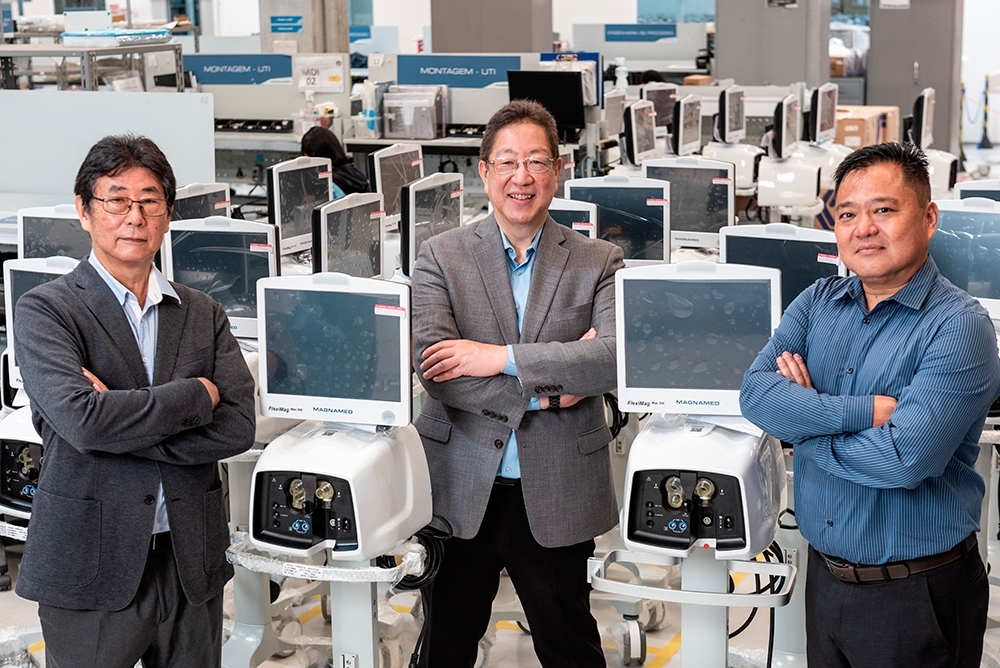
The FDA has authorized Magnamed to operate a plant in Florida that will produce Oxymag, its portable emergency ventilator.
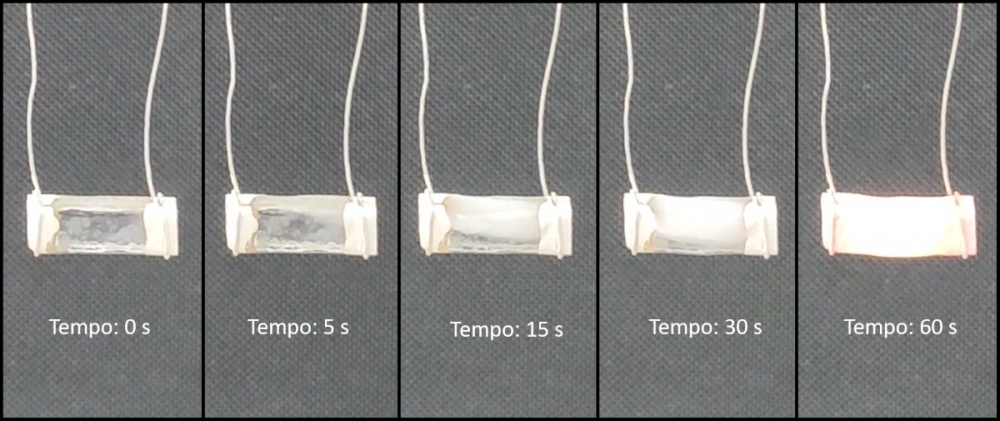
The technique was developed at the Federal University of São Carlos (UFSCar) in São Paulo state, Brazil, and could impact the manufacturing of batteries, smartphone screens and other devices.
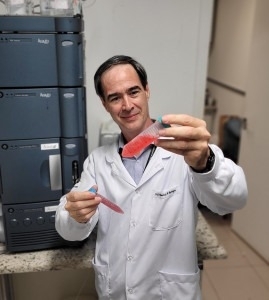
Resin applied to purification of compound can be reused in eight different cycles without loss of effectiveness.
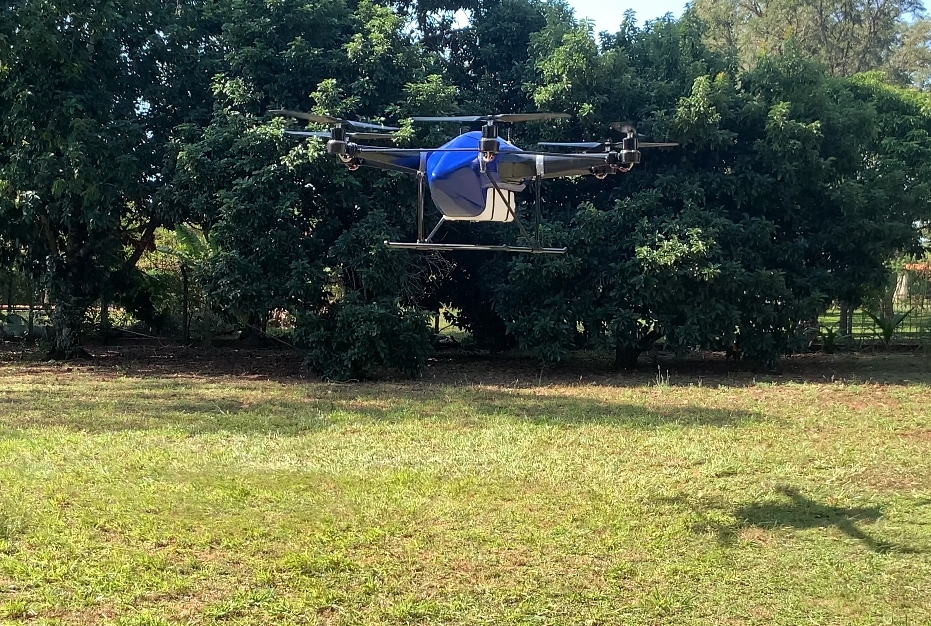
Brazilian technology developed with FAPESP’s support can be used to spray large or small areas, economizing inputs, lowering costs and mitigating environmental impacts.

Discovered by Uruguayan scientists in 2013, two psychrophilic (cold-adapted) species have been experimented with since 2018 by a partnership between IIBCE in Montevideo and the University of São Paulo in Brazil.
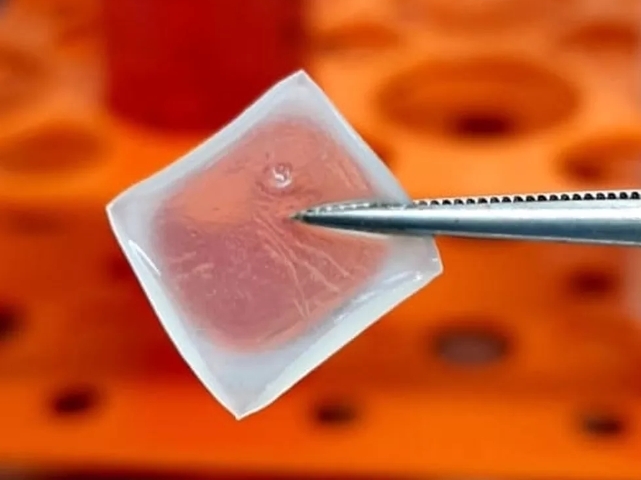
A biodressing containing human umbilical cord stem cells was produced in a 3D printer by the startup In Situ Cell Therapy. Researchers at the University of São Paulo found that when used on diabetic mice, the “smart” biodressing modulated the immune response, stimulated collagen synthesis and enhanced tissue repair.